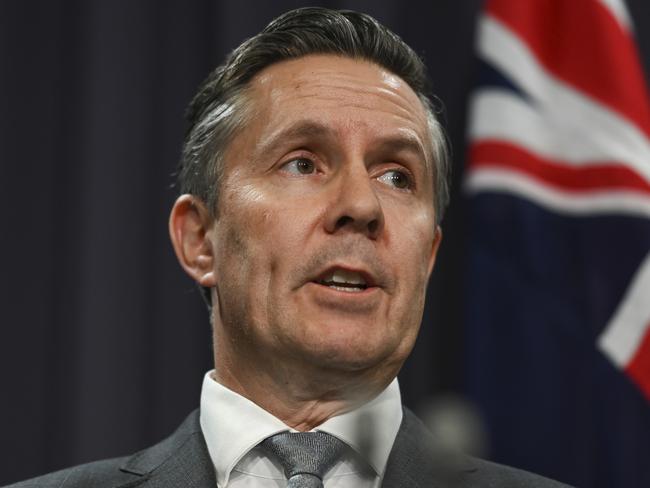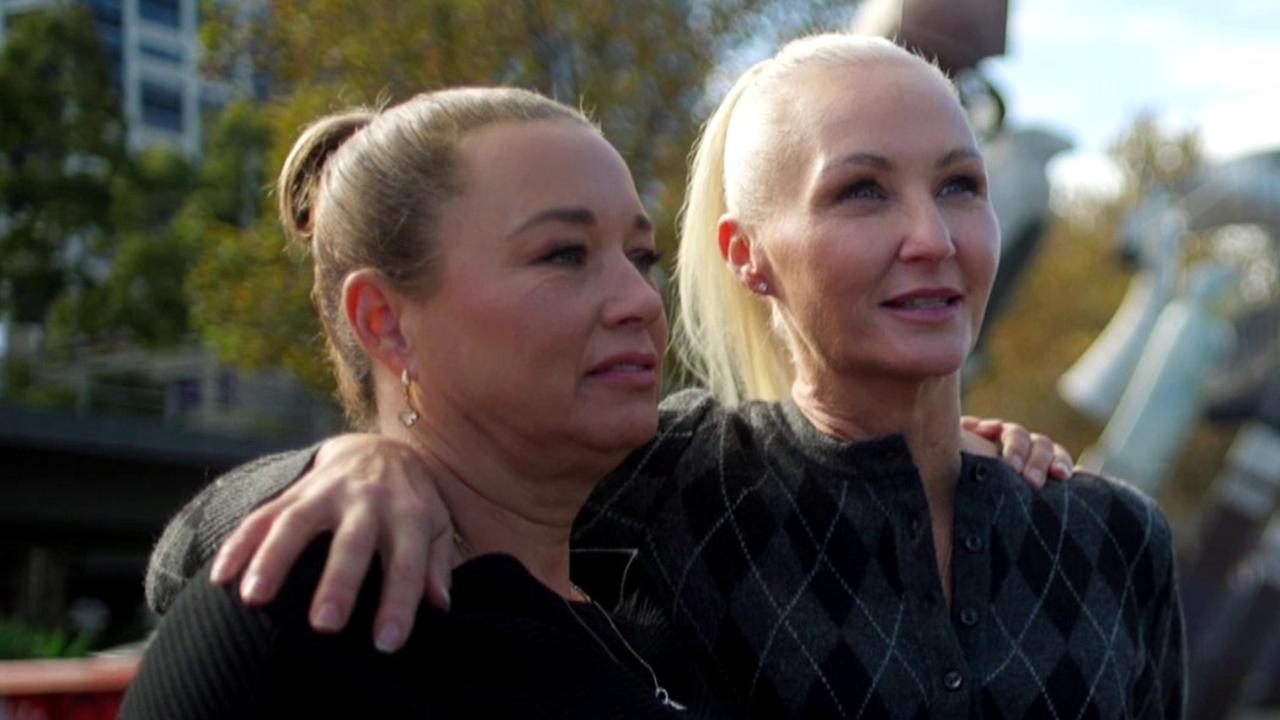Half price scripts won’t lead to medicine shortage, says government’s independent advisory body
A major claim by chemists aimed at stopping a move that would halve the cost of prescription medicines has been shot down.

National
Don't miss out on the headlines from National. Followed categories will be added to My News.
Claims by chemists that half price scripts will exacerbate medicine shortages have been shot down by the boss of the government’s independent medicines advisory body.
Pharmaceutical Benefits Advisory Committee chair Professor Andrew Wilson has written to Health Minister Mark Butler to ease community concerns in the midst of a concerted campaign against the changes by the Pharmacy Guild.
And the medical regulator the Australian Health Practitioners Regulation Authority AHPRA has confirmed concerns have been raised with it about “an ongoing lobbying campaign” against the changes.
However, AHPRA and the National Boards expect all practitioners to uphold the standards outlined in their codes of conduct.
Anyone who is concerned about the behaviour of individual pharmacists is encouraged to contact APHRA or health regulators in their state or territory.

From September 1, patients will be able to access 300 medicines on an extended 60 day script, halving both the number of times they have to visit a chemist and their costs.
General consumers will save $180 a year and pensioners and concession card holders $43 under the changes recommended by the PBAC five years ago.
Chemists are claiming the changes will “make essential medicine shortages worse”. And they are using repeat prescription forms and labels on medicine bottles to push their political campaign.
In the wake of the campaign, Mr Butler asked the PBAC to advise on whether the policy change would create medicine shortages.

In response Prof Wilson wrote “the number of patients and volume of medicines prescribed will not change significantly as a result of an increase in the maximum quantity”.
“Medicines shortages are determined by factors unrelated to the maximum dispensed quantity. Supply shortages are usually not isolated to Australia,” Prof Wilson’s letter said.
In April 2023 only seven medicines of the more than 300 medicines had shortages reported to the TGA where there was no direct alternative brand, strength, or formulation, Prof Wilson said.
“Consequently, the PBAC believes the concerns raised publicly about medicine supply shortages present no reason to change its previous advice regarding increased maximum quantities for a range of medicines used to treat stable conditions. The PBAC considers this change can be safely implemented and will benefit people with stable medical conditions requiring long term use of the included medicines,” his letter said.

The former head of the PBAC Emeritus Professor Lloyd Sansom has also written to the minister and argues the changes will not make medicine shortages worse.
“This is a positive announcement for millions who manage ongoing conditions and will stand to save on costs associated with filling their scripts,” Prof Sansom said.
The 60 days script rule will be introduced in stages with only 100 of the 300 medicines available in larger quantities from September 1. People will need to get a new script if they want a two month supply.
This means it is unlikely there will be a surge of people requesting two months’ supply on September 1, Prof Sansom said.
Mr Butler has also pointed out that the same number of medicine packets will be sold in a year as are sold now and that if a pharmacy runs out wholesalers can resupply them within 24 hours.
Medicine companies have signed a deal with the government to keep six months’ supply of commonly used medicines in the country.
Most of the affected medicines are available in multiple brands so if one is in short supply another brand can be supplied.





